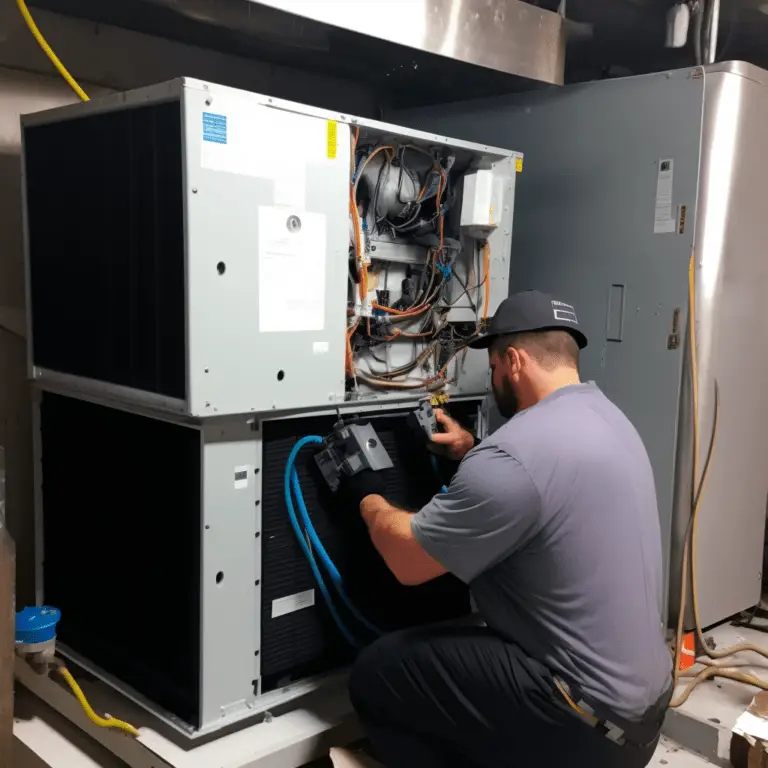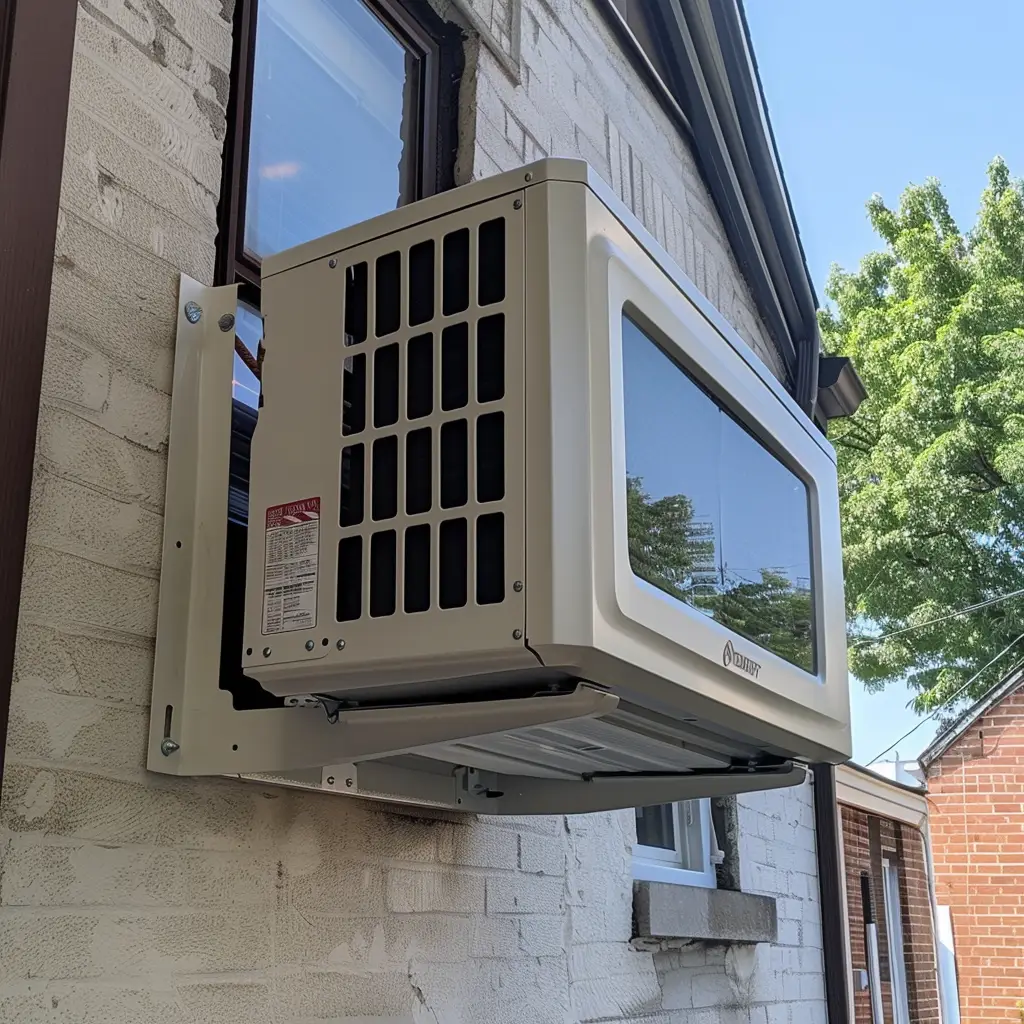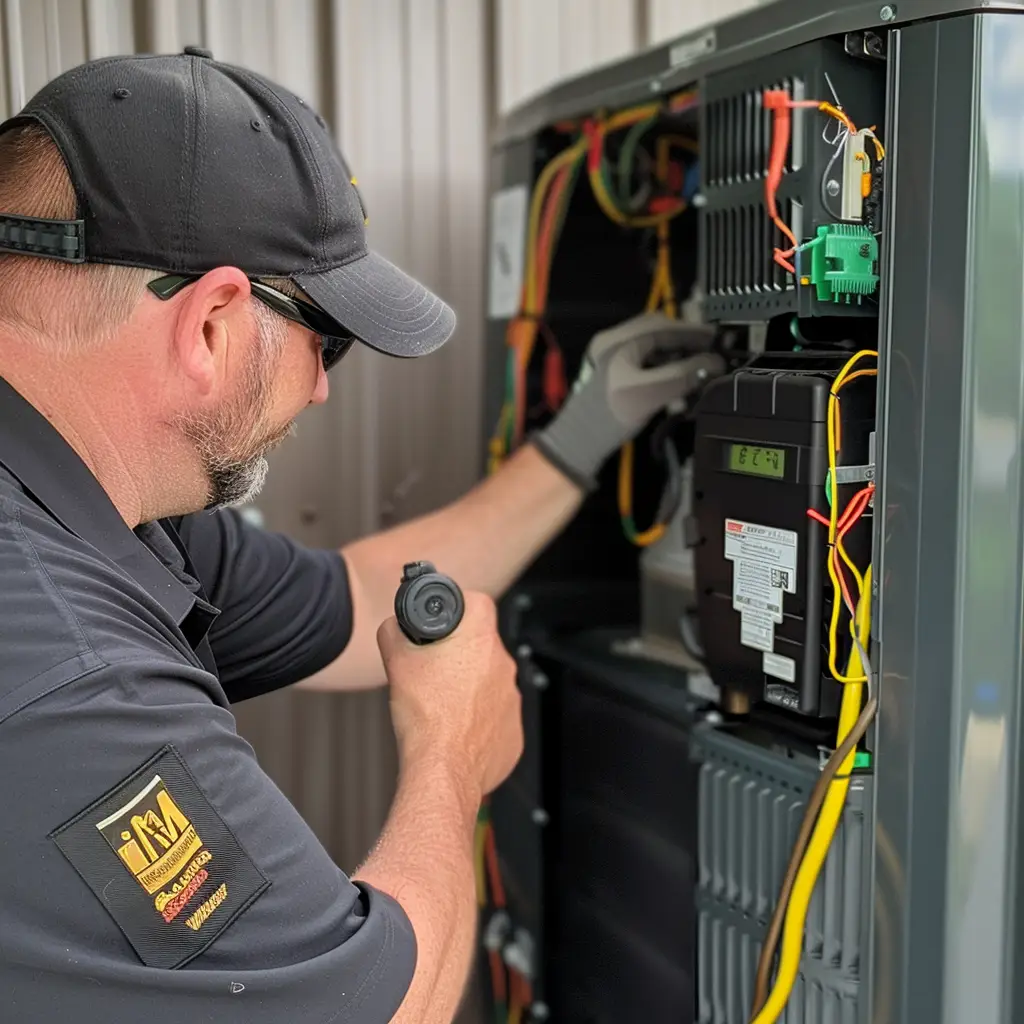Introduction to HVAC Zoning Systems
Do you often find yourself struggling to achieve the perfect temperature for every room in your house? A centralized heating, ventilation, and air conditioning (HVAC) system might not be enough to cater to the diverse temperature needs of different spaces. That’s where an HVAC zoning system comes into play. In this article, we’ll dive into the benefits of installing an HVAC zoning system and help you decide whether it’s the right choice for your home.
Understanding the Components of an HVAC Zoning System
Before we delve into the benefits of an HVAC zoning system, it’s important to understand its components.
2.1. Zone control panel
The zone control panel acts as the central hub for the entire system, receiving information from individual thermostats and directing the dampers accordingly.
2.2. Thermostats
Each zone in the system has its thermostat, allowing you to set different temperatures for different areas of your home.
2.3. Dampers
Dampers are installed within the ductwork and control the flow of air to each zone based on the thermostat’s settings.
2.4. Bypass duct
A bypass duct helps regulate air pressure in the system by redirecting excess air when dampers are closed.
Benefits of Installing an HVAC Zoning System
Now that we have a basic understanding of the components, let’s explore the benefits of installing an HVAC zoning system.
3.1. Enhanced energy efficiency
By allowing you to control the temperature in each zone independently, HVAC zoning systems minimize energy waste. This leads to lower energy bills and a reduced carbon footprint.
3.2. Customized temperature control
Different family members may have varying temperature preferences. With a zoning system, everyone can enjoy their desired level of comfort in their respective spaces.
3.3. Increased home comfort
A zoning system allows you to address temperature imbalances in your home, such as hot or cold spots, making your living spaces more comfortable and inviting.
3.4. Extended HVAC system lifespan
By reducing the workload on your HVAC system, a zoning system helps extend its lifespan, saving you money on potential repairs and replacements.
3.5. Improved air quality
Since HVAC zoning systems provide better temperature control, they can also help maintain optimal humidity levels, reducing the likelihood of mold growth and improving overall air quality.
The Installation Process
The installation process for an HVAC zoning system varies based on the size and layout of your home. It’s crucial to hire a professional HVAC technician to ensure proper installation and maximize the system’s benefits.
Is an HVAC Zoning System Right for Your Home?
HVAC zoning systems are best suited for homes with multiple floors, large open spaces, or rooms with specific temperature requirements, such as a home office or a nursery. If you have a diverse household with varying temperature preferences or frequently experience temperature imbalances, an HVAC zoning system might be an ideal solution for you.
To learn more about why an HVAC zoning system is a beneficial upgrade for your home, watch this video by The Air Of Authority
Trust AirPoint for Your HVAC Zoning System Needs
In conclusion, an HVAC zoning system offers numerous benefits that can enhance your home’s comfort, energy efficiency, and overall air quality. If you’re considering upgrading your home’s HVAC system, trust AirPoint, a Carrier factory authorized dealer and NATE certified company in Toronto. Our team’s commitment to excellence is evident through our HomeStars Best of the Best 2023 award and 5-star ratings on Google and HomeStars. With TSSA, HRAI, and CSA certified technicians, you can have confidence in our ability to provide expert installation and advice on HVAC zoning systems.
Frequently Asked Questions about HVAC Zoning Systems
How can I make my existing AC system more energy-efficient?
Regular maintenance, sealing air leaks, and upgrading your insulation are some ways to improve the energy efficiency of your current AC system. You may also consider replacing an older system with a newer, more efficient model.
Is it worth investing in a high-efficiency AC system?
While high-efficiency AC systems may have a higher upfront cost, the long-term energy savings and potential increase in home value can offset the initial expense.
How often should I replace my AC system's air filter?
Air filters should be checked monthly and replaced every 1-3 months, depending on the type of filter and your home's air quality.
How can I determine the right size AC system for my home?
Consult with a professional HVAC technician to determine the appropriate size and capacity for your home based on factors such as square footage, climate, and insulation levels.
Can a smart thermostat help improve my AC system's efficiency?
Yes, a smart thermostat can help optimize your AC system's efficiency by allowing you to set temperature schedules and control your system remotely, ensuring your home is only cooled when necessary.





